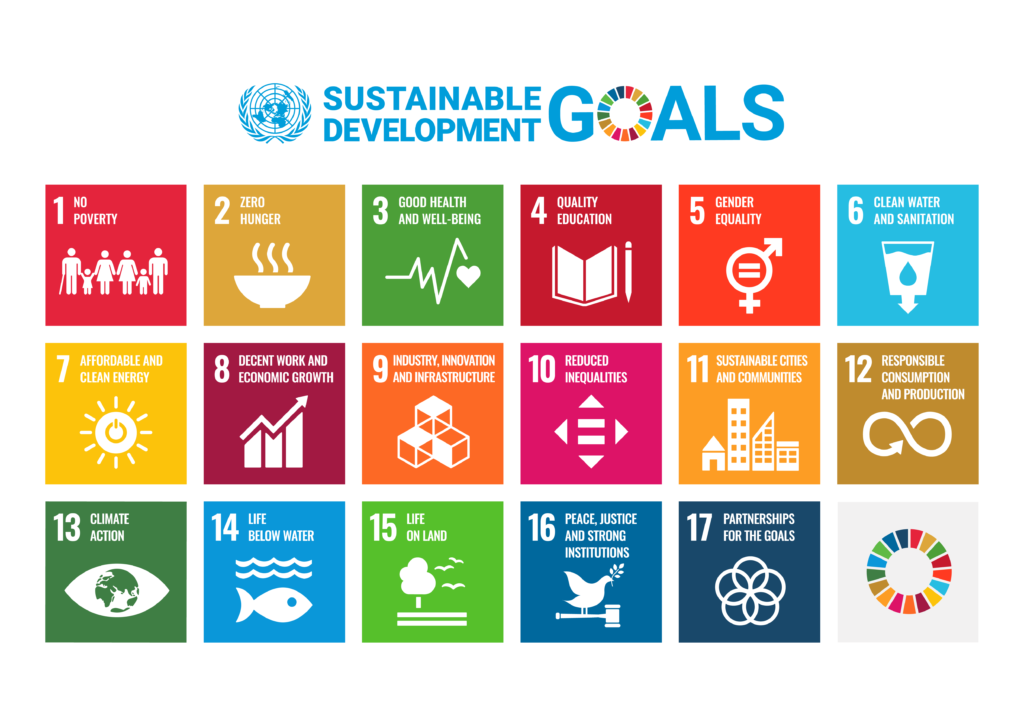From the 1972 Conference on Human Environment and the 1987 Brundtland Commission report to the 2002 and 2012 Earth Summits, the message has been loud and clear: the world needs to be on a more sustainable pathway quickly, if we are to have any hope of a sustainable future.

In this spirit, in 2000, the United Nations Member States adopted the Millennium Development Goals (MDGs) to eradicate extreme poverty and reduce inequalities by 2015, with a particular focus on developing countries. Despite persistent problems in urban areas in sub-Saharan Africa and South Asia, several goals were achieved: decreases in extreme poverty, child and maternal mortality, and disease rates, and rising rates of primary school enrollment and life expectancy.
Building on these successes while acknowledging the continuing struggles globally, the Sustainable Development Goals (SDGs) were unanimously approved by the UN Member States in 2015. Contrary to the MDGs, this Global Agenda for 2030 with its 17 SDGs and 169 targets applies to both developed and developing nations. While the SDGs offer a more integrated sustainability framework, they have also been a subject of critique and debate. They can, for example, arguably be seen as yet another colonial framework that lacks in multiple respects such as the level of embedding considerations of equity, diversity, and inclusion, and the inadequacy of minority (e.g., Indigenous and People of Colour) voices and lenses.

While these goals are signed and ratified by national governments, local governments and their citizens play a crucial role in successfully implementing sustainability and resilience. For example, although the SDGs contain a goal for inclusive, safe, resilient, and sustainable cities, all SDGs are locally relevant. Also, Canada’s commitment to achieve the SDGs requires that Canadian cities align their sustainability efforts and reporting with this framework to some extent.
Achieving the SDGs and other international goals (like the UN climate accords and the New Urban Agenda) is a complex undertaking that requires coordinated collaboration of actors at numerous scales. Yet effective action, as well as political will for meaningful, structural change, has been elusive, perhaps because these global issues must be primarily addressed at the local level.
The success of any long-term national or international sustainability goals is conditional on creating and implementing successful, monitorable, and transferable policies and practices in local communities, through the lenses of equity and systemic thinking. The holistic urban productivity –or regenerative sustainability– framework proposed in my research can support communities in transforming into well-functioning socio-ecological systems that can then be sustained within the means of our planet.

















